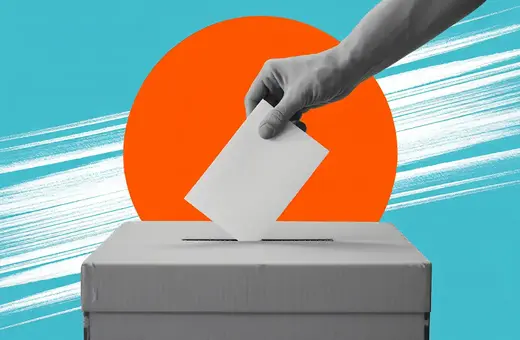Those who live in liberal democracies might gasp at China’s new laws limiting the time children can play videogames and banning private tutoring. These laws are what we call paternalistic: they limit personal freedoms with the justification that they promote the good of the individual. But before we dismiss such laws as the product of authoritarianism, we need to recognize that even liberal democracies allow for paternalistic laws. We make children go to school, ban them from drinking alcohol, and force adults to wear seatbelts. The problem then isn’t paternalism itself, it’s whether paternalistic laws actually benefit people or not, argues Sarah Conly.
China has introduced two new laws affecting young people that have gotten a lot of attention around the world. They are limiting video game time to three hours a week, and they are eliminating for-profit tutoring. The first of these would no doubt elicit cries of agony from kids in the western world, and while that is less of an option for young people in China, we can assume many silent screams. The second rule may not garner the same emotional response from young people, but nonetheless will stop them (and their parents) from doing what many of their parents have hitherto paid a lot of money - $120 billion each year -for them to do. These regulations are without a doubt paternalistic. The question remains whether they are good rules or bad. The answer, I think, is no and yes.
Paternalistic laws are laws that make you do something that’s good for you that you wouldn't otherwise do. Some people object to paternalistic laws for that very reason--they make you do things you don't want to do, even when what you wanted wouldn't have hurt anyone else. The idea is that the lawmakers know what’s best for you better than you do, and have the right to enforce that, and to many people, especially in democratic countries, that is an unacceptable intrusion into personal liberty by the state.
When we judge paternalistic laws we need to consider at least two things. First, if the new regulation works, will the outcome actually be good for us? Second, will the regulation work?
Before dismissing China’s new laws as the product of authoritarian government, there are at least a couple of things to keep in mind. First and foremost, they apply to young people, those under 18. We are in general pretty open to the government making young people do what is good for them, whether they like it or not - we make them go to school and keep them from smoking and drinking, for example. No one, as far as I know, has embraced the idea that children should have total self-determination. Second, rhetoric aside, we often endorse paternalistic rules for adults. While there was initially resistance to laws requiring seat belts, for example, by and large most people have come to think this is a good regulation. Some believe that seat belt laws are justified only by the cost to others of the medical care for those who fly through the windshield, but that isn't really the rationale, since those costs are actually minimal when spread through the population. We have these laws to prevent you from hurting yourself. So, even liberal democracies can and do accept paternalistic practices.




















Join the conversation